
I’m a workaholic. I don’t mean to be a workaholic, but I’m curious, like to be in charge, and will do anything that I think will help kiddos. This dubious triad of traits creates mad stress in my life, which I mostly thrive on, but on occasion, I look around and ask, “Why am I
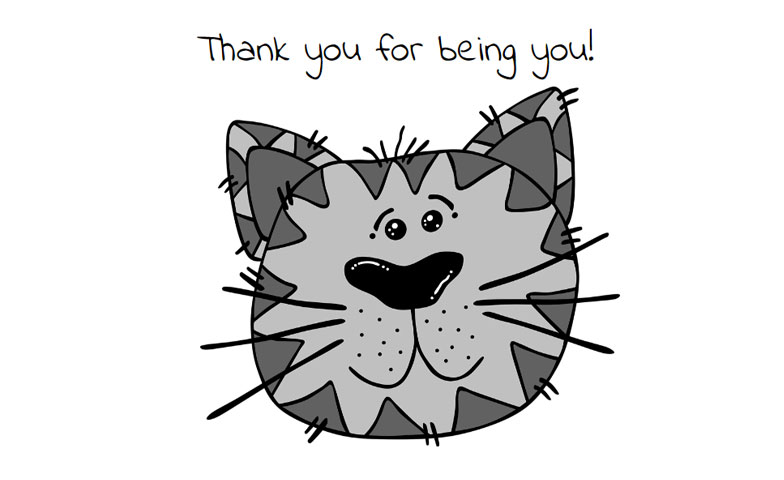

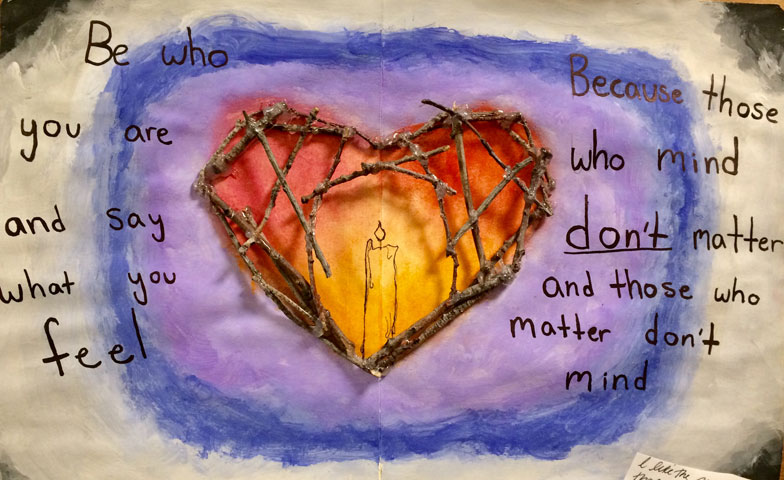
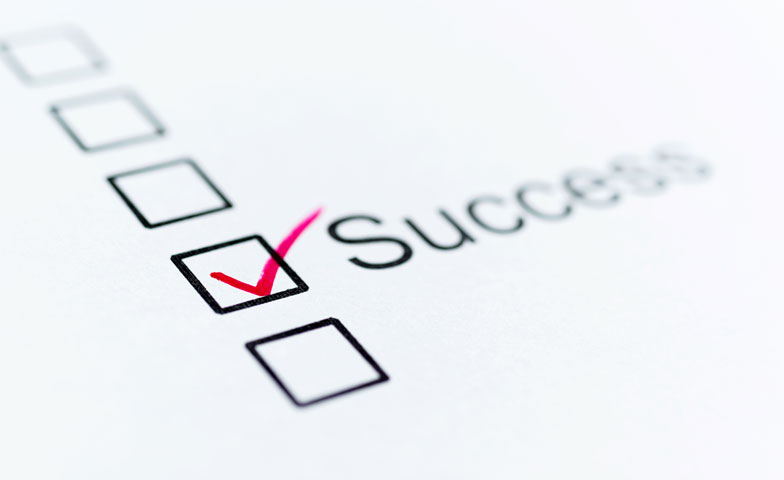

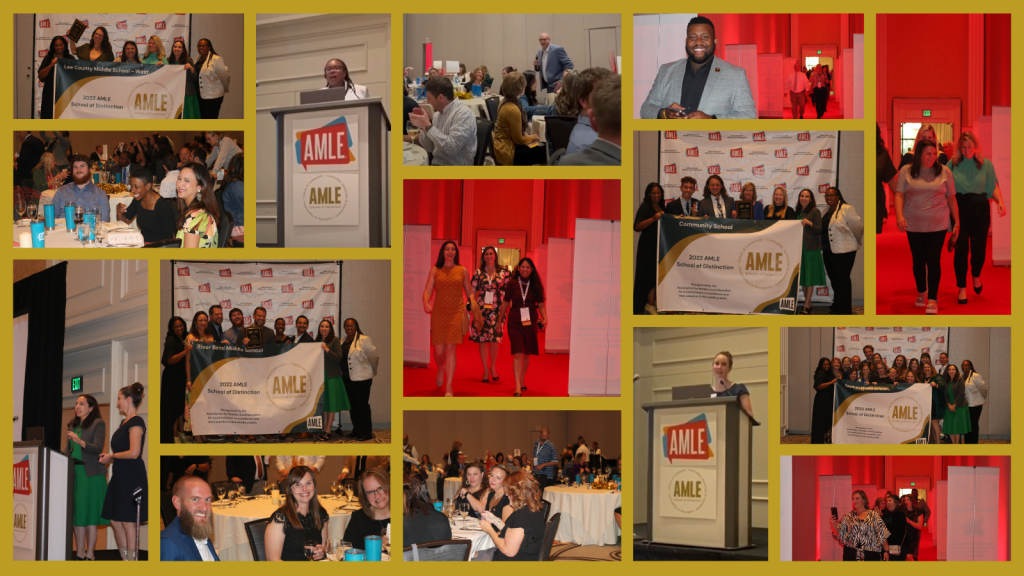
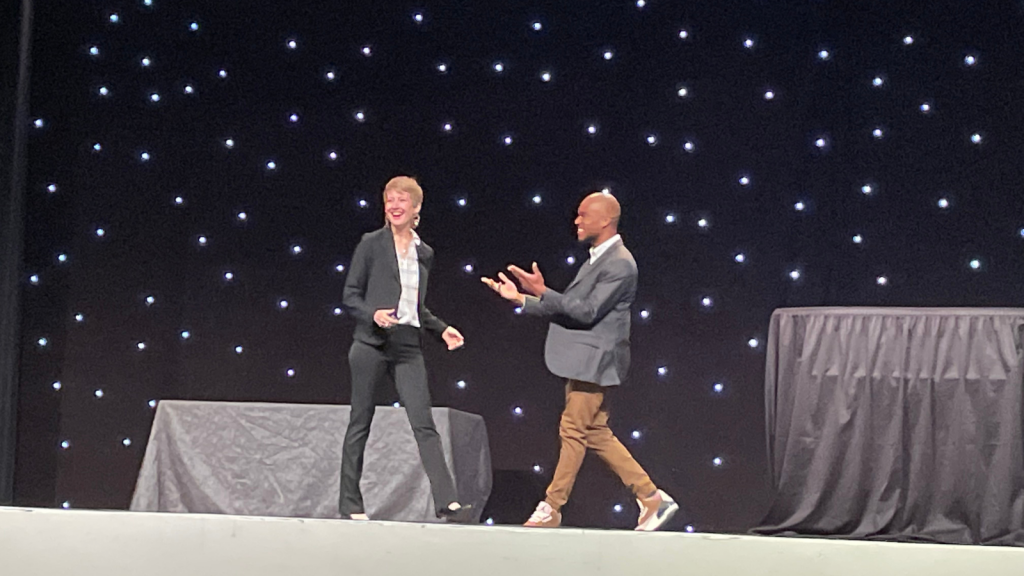
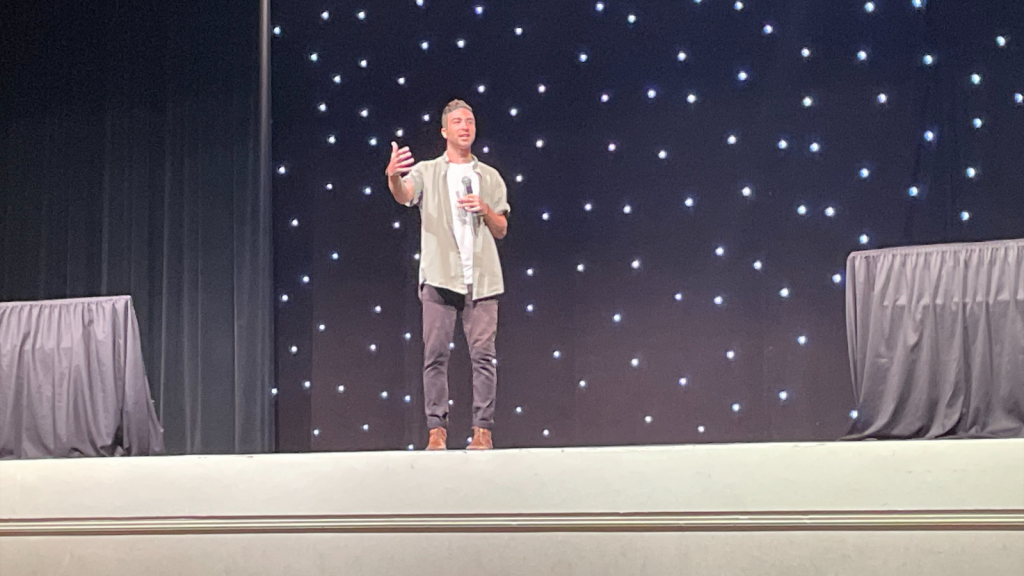
0